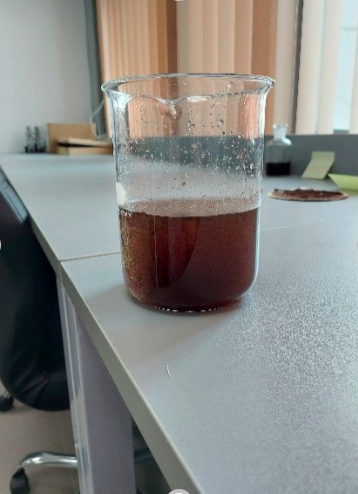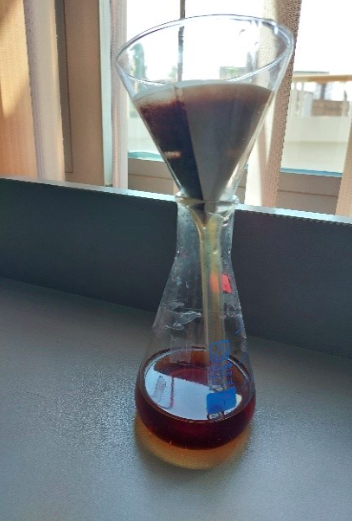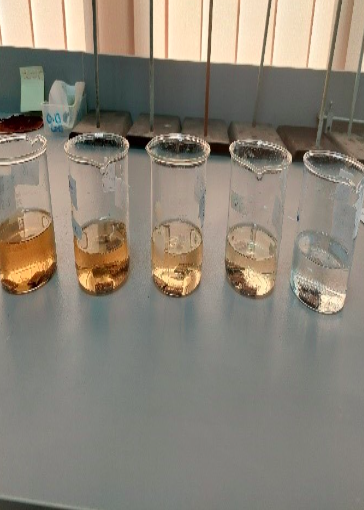Manufacturing Green Corrosion Inhibitors and Paints from Different Agricultural Waste
Objective/Contributions:
Metal corrosion is a global problem because of its impact on large sectors of life, including highways and bridges, Buildings, oil and gas, chemical treatment, water, and wastewater treatment, as well as a serious threat to the environment and human health.
Corrosion is a natural phenomenon where metals and alloys try to return to their more stable thermodynamic form due to interaction with the surrounding environment. They are expensive due to the loss of materials or their properties, which leads to loss of time during maintenance, the shutdown of systems, and severe failure of some structures, which in some cases can be dangerous and cause injury.
There are various methods that have been used to address the corrosion problem, the most widespread is using of corrosion inhibitors.
Inhibitors may be an inorganic compound such as chromate or nitrate phosphate that quenches the metal, or an organic compound. These synthetic compounds have shown good Anticorrosive activities but most of them are highly toxic to both humans and the environment and are also expensive. Therefore, the use of toxic substances as inhibitors has been limited by many environmental welfare agencies due to their threat, and methods for estimating the relationship between the structures of these inhibitors and their toxicity have become necessary in view of modifying the structure of existing corrosion inhibitors to make them less toxic. This study shows that the ideal and easiest way to reduce the harmful effect of these synthetic inhibitors is to replace them with less toxic alternatives such as natural extracts from plants such as rosemary leaves, tea leaves, aloe leaves, mango or orange peels, and banana peels. Recent studies have proven that the extract of these plants is very useful for green blocker applications. In addition to its environmentally friendly and environmentally acceptable features.
Outcome: Publications
- Study different Plant extracts as corrosion inhibitors.
- Study the favorable features of the green inhibitor corrosion applications, which provide suitable protection performance and biodegradability.
- Studying the different factors affecting the material’s structural properties of the produced green inhibitor.
- Investigating the possibility of using the prepared green inhibitor in industrial applications such as oil pipes, water containers, and engineering tools.
- Determining the optimized mixture for the various factors used in fabricating the green inhibitor.
- Produce a detailed protocol for the fabrication of green inhibitor by using natural additives which is suitable for upscaling to industrial production.


